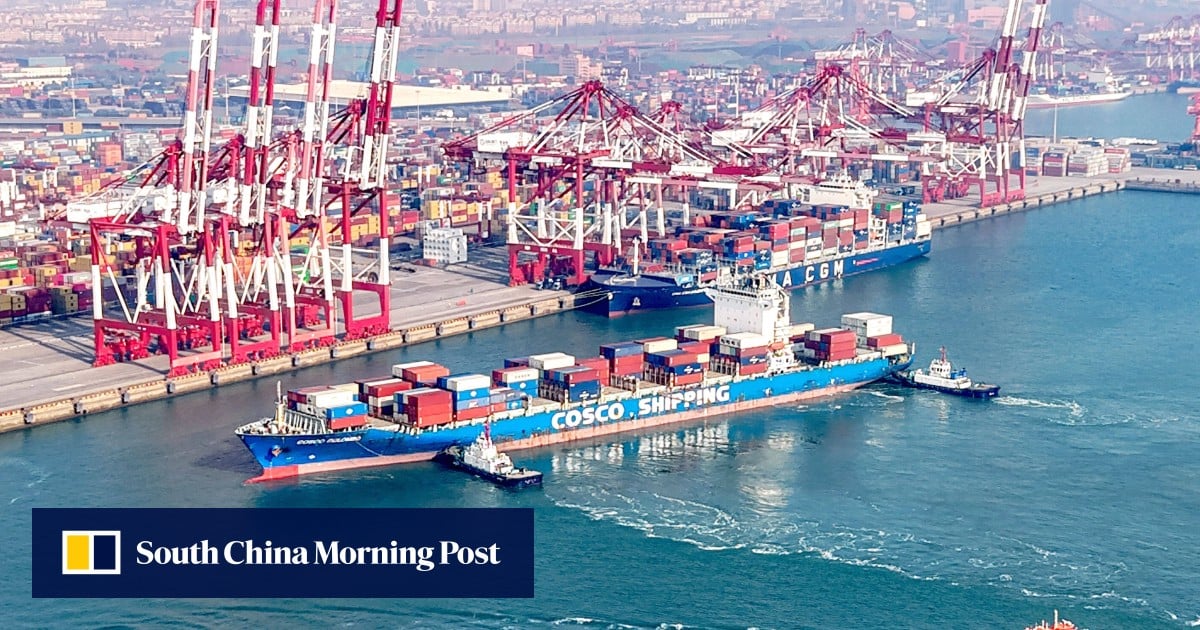
In a significant move, China has pledged to safeguard its overseas interests as geopolitical tensions escalate. The country's non-financial outbound direct investment reached $143.85 billion in 2024, marking a 10.5% increase from the previous year. Additionally, new overseas project contracts soared to $267.3 billion, highlighting China's robust engagement in global markets [c321f1d0].
The Ministry of Commerce has emphasized the importance of risk controls in overseas investments, particularly as 409,000 labor personnel were dispatched abroad, reflecting a 17.9% increase. This surge in labor deployment underscores China's commitment to expanding its influence and operational footprint globally [c321f1d0].
However, challenges persist, especially for private companies operating internationally. Experts like Chen Fengying have pointed out the growing difficulties faced by these firms amid increasing scrutiny and regulatory hurdles [c321f1d0].
In the context of international trade, former President Trump has threatened to raise tariffs on countries such as Mexico and Vietnam, which could impact Chinese investments in these regions. Furthermore, TikTok is facing potential joint venture requirements in the U.S., with Trump signing an executive order that delays the enforcement of these measures [c321f1d0].
As China navigates these complexities, the interplay between its overseas investment strategy and the geopolitical landscape will be crucial in determining its economic trajectory and global standing [c321f1d0].